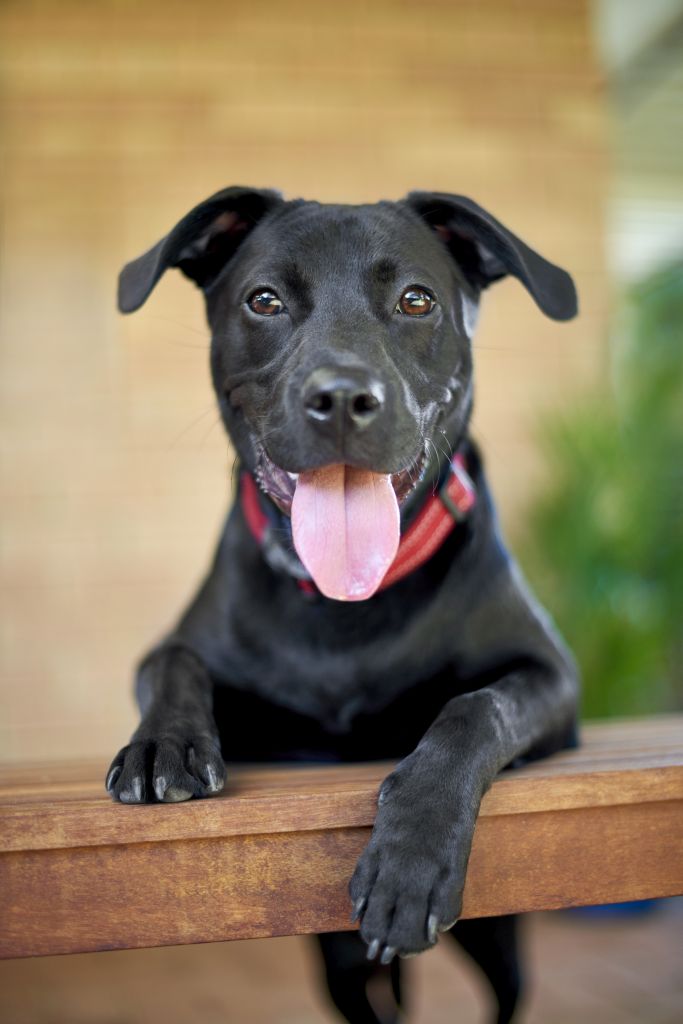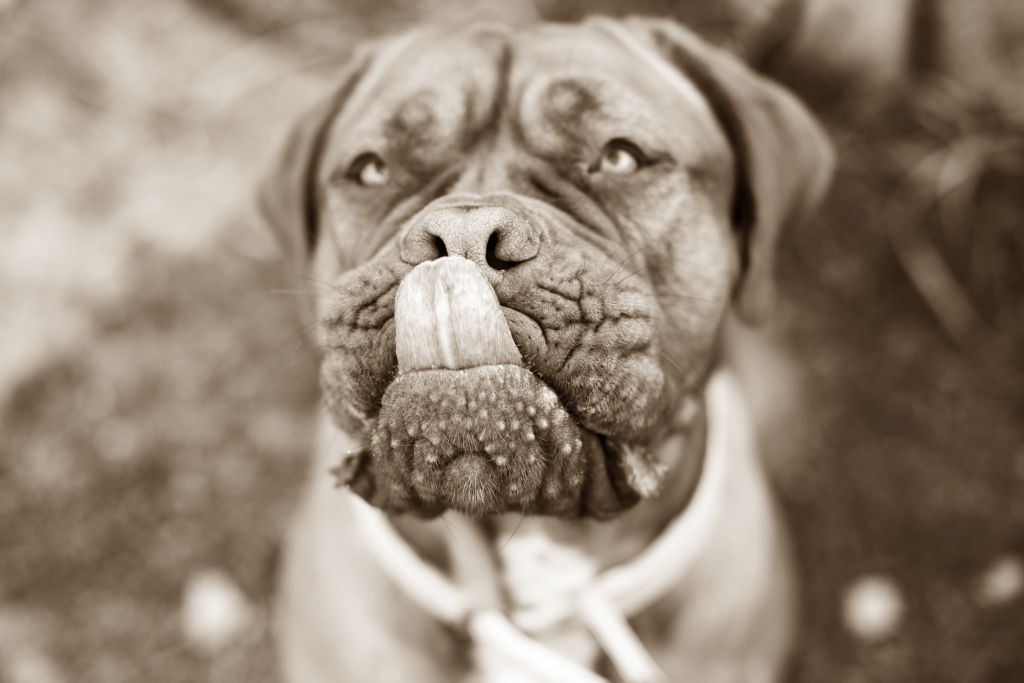Your veterinarian will assess the risks and benefits based on specific lifestyle requirements
for you and your dogs and advise you appropriately. Vaccination plans vary depending on
your local area and the product and form of vaccination your vet has offered. Consequently,
if you contact different practices, you often get different prices.
https://portkennedyvet.com.au/contact-us/
Why do dogs need multiple vaccinations?
Newborn animals have not yet had the chance to develop their immunity, so they need
protection against infection. They’re receiving immunity from their mother. Maternal
immunity is only temporary. It’s steadily declining over the first few weeks of life and
almost gone by twelve weeks. The rate of decline varies depending on many factors. The dog
must undergo three vaccines from 6 to 16 weeks of age.
When can I take my puppy out after he’s had a vaccine?
Your puppy is not guaranteed to develop complete immunity from diseases vaccinated for up
to 10-14 days after our recommended third vaccine. Nevertheless, the socialisation of your
puppy at this age is essential. Puppies are better socialised to other pets, people and places
between 8 and 14 weeks of age. At this time, they are at the highest risk of infection from
diseases, especially parvovirus. Canine parvovirus is a contagious virus affecting dogs. CPV
is highly contagious and is spread from dog to dog by direct or indirect contact with their
faeces. Mortality can reach 91% in untreated cases.
It would help to avoid public areas such as parks and beaches until your dog finishes the
vaccination program. Your puppy should only socialise around animals verified to be fully
vaccinated or free from parvovirus in a setting you are comfortable with.
Do the vaccinations have 100% protection?
Vaccines have been highly successful in safeguarding most dogs from diseases, such as
distemper, that were once common but now rare. But there are situations in which immunity
conferred by a vaccine can be overcome, and a vaccinated dog can still develop a disease. In
such instances, the infection is usually milder than it would have been if a pet had not been immunised.

